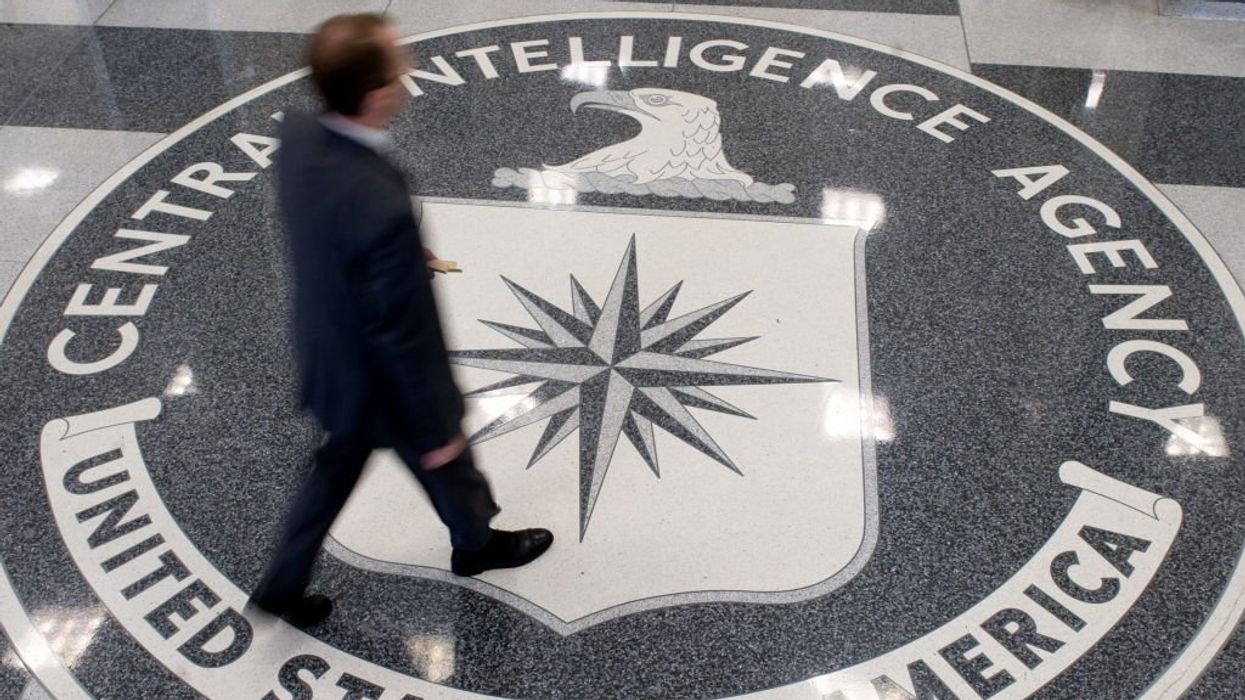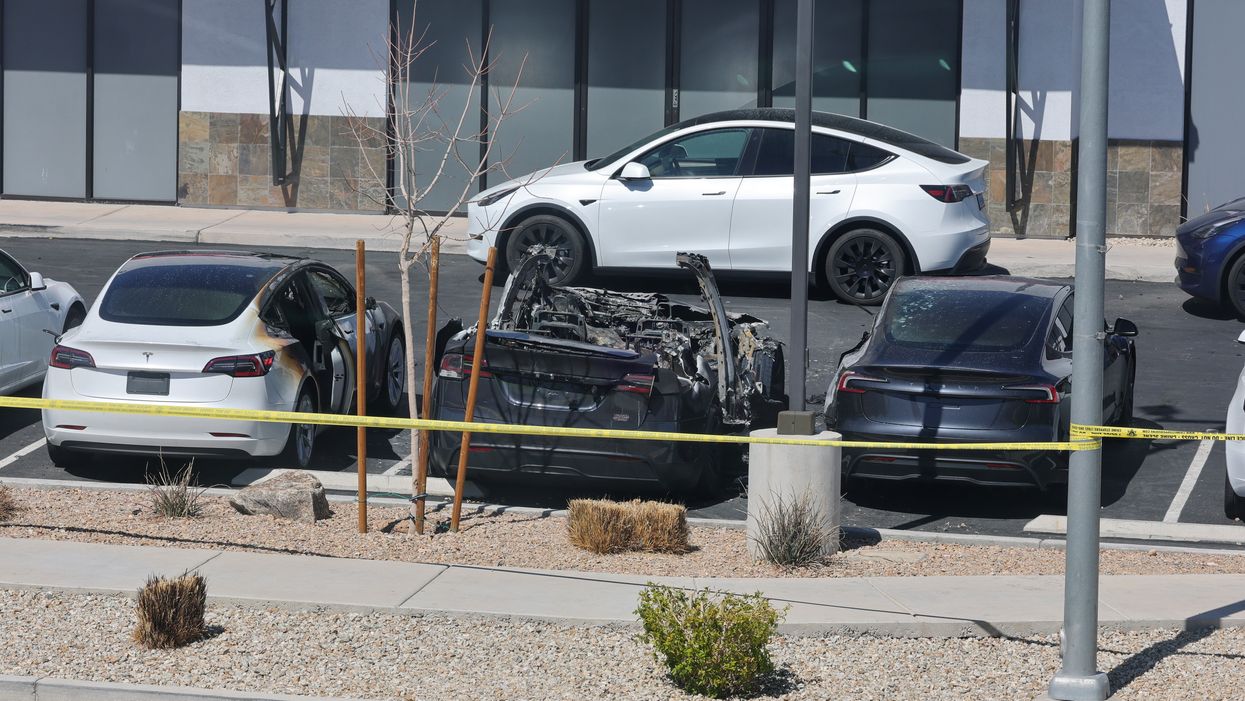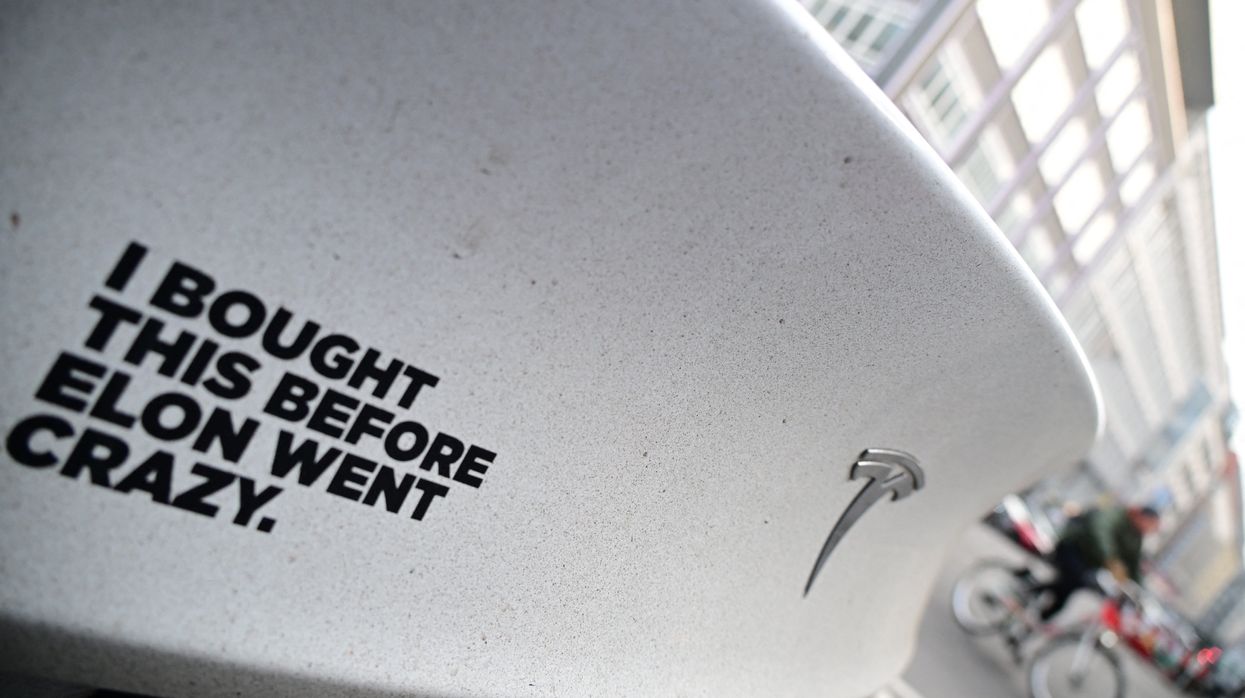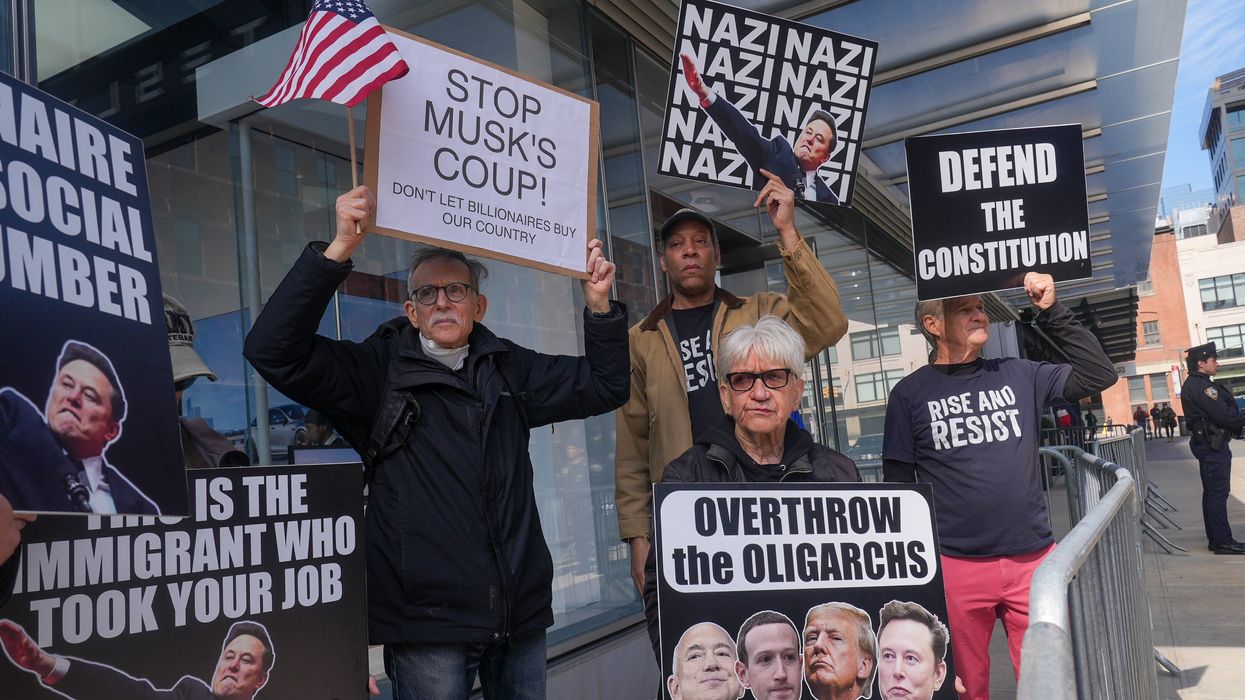When the Pilgrims set foot upon the land that would become Plymouth Plantation, they dedicated themselves to God. In the words of Plymouth elder William Brewster, the Pilgrims "joined themselves by a covenant of the Lord in the fellowship of the gospel, to walk in his ways."
These words began our nation's history as a covenant nation, and Glenn is inviting you to join him to recommit yourself to this covenant. The covenant you are about to take will bring you and your family closer to God. We pray it will take this nation, and therefore the world, on that same journey. Your commitment here will keep America great because it will keep America good.
This is not something to enter into lightly. A covenant with God, once made, is eternal. We invite you, therefore, to prayerfully consider this Covenant before taking it. In his sermon, "A Model of Christian Charity," John Winthrop wrote:
Now if the Lord shall please to hear us, and bring us in peace to the place we desire, then hath He ratified this covenant and sealed our commission, and will expect a strict performance of the articles contained in it; but if we shall neglect the observation of these articles…, the Lord will surely break out in wrath against us, and be revenged of such a people, and make us know the price of the breach of such a covenant.
We have multiple resources to prepare you to renew our covenant with God. Click HERE to get Glenn's 40-day study of Biblical covenants, and click HERE to get his 15-day guide on American covenants for you and your family.
When you're ready, we invite you to recommit yourself to the God of Abraham, Issac, and Jacob, and ask His forgiveness for your own sins, your family's sins, and the sins of our nation. When you are ready, join Glenn while he re-commits himself to the national covenant on radio. You can find a printable version of the covenant by clicking the link below, and you can also find the text of the covenant by reading on.
The Covenant
I, STATE YOUR NAME, alongside my fellow countrymen, and as a witness to my nation and the Almighty, now come forward in humility to covenant that the Lord is my God. I further covenant to remember to regularly commune with Him through prayer; to turn away from sin and error; to rear my family in righteousness, in patience, love, and kindness; to discern and sustain the law; and to perform my several duties properly, punctually, and to the utmost.
Now, if the Lord shall please to hear us, and inasmuch as we honor this covenant, then shall His bounty be poured down upon us as has never been seen.
We humbly implore and beg His protection and favor; that we may experience His everlasting peace and concord; that our own sins, those of our family, those of our nation may be pardoned; that the disunity in our country and suffering may be healed, that once again our family shall delight in each other, and we shall rejoice together, mourn together, and increase together. The Lord will be our God and delight to dwell among our families, so that we partake of His wisdom, power, goodness, and truth. Love and solidarity shall reign within our households.
May our nation unite in rendering unto Him our sincere and humble thanks for His kind care, for his protection, that He may promote the knowledge and practice of true religion and virtue. He shall grant unto this nation temporal prosperity as He alone knows to be best. No human counsel hath devised, nor hath any mortal hand created this great nation. It is the gracious gift of the Most High God. Only his tender care shall heal this nation's wounds. He will raise it to the full enjoyment of peace, harmony, tranquility, union, and plenty.
He has made us a city upon a hill. The eyes of all people are upon us. We enlist His almighty hand that we may once again choose life, that we and our seed may live by obeying His voice and cleaving to Him. He is our life and our prosperity. May my family and this country ever stand in solemn testimony of the most High.
Amen.
Below you will find George Washington and Abraham Lincoln's powerful Thanksgiving addresses regarding our national covenant:
George Washington, declaring the first Thanksgiving in 1789
It is the duty of all Nations to acknowledge the providence of Almighty God. Both Houses of Congress requested me to recommend a day of public thanksgiving and prayer. Now therefore, I do recommend and assign Thursday the 26th day of November to be devoted to the service of that great and glorious Being. That we may then unite in most humbly offering our prayers and supplications to the great Lord and Ruler of Nations and beseech Him to pardon our national and other transgressions. To enable us all to perform our several duties. To render our national government a blessing to all people by being a Government of wise, just, and constitutional laws. To protect and guide all Sovereigns and Nations. To promote the knowledge and practice of true religion and virtue, and the increase of science among them and us. And generally to grant unto all mankind such a degree of temporal prosperity as he alone knows to be best.
Abraham Lincoln’s Thanksgiving proclamations during the Civil War, given in 1863 and 1864 respectively
In the midst of a Civil War of unequaled magnitude and severity, population has steadily increased, notwithstanding the waste that has been made in the battle-field. The country, rejoicing in the consciousness of augmented strength and vigor, is permitted to expect continuance of years with large increase of freedom. No human counsel hath devised nor hath any mortal hand worked out these great things. They are the gracious gifts of the Most High God, who, while dealing with us in anger for our sins, hath nevertheless remembered mercy. I do, therefore, invite my fellow citizens to set apart and observe the last Thursday of November, as a day of Thanksgiving and Praise for such singular deliverances and blessings, and fervently implore the interposition of the Almighty Hand to heal the wounds of the nation and to restore it to the full enjoyment of peace, harmony, tranquility and Union.
It has pleased Almighty God to prolong our national life another year. It has also pleased our Heavenly Father to favor our citizens in their homes as our soldiers in their camps. Moreover, He has been pleased to inspire our minds and hearts with fortitude, courage, and resolution sufficient for the great trial of Civil War into which we have been brought by our adherence to the cause of freedom and humanity. Now, therefore, I, Abraham Lincoln, do hereby appoint and set apart the last Thursday in November as a day to be observed by all my fellow-citizens as a day of thanksgiving and praise to Almighty God. And I do further recommend to my fellow-citizens that they do reverently humble themselves in the dust and from thence offer up penitent and fervent prayers and supplications to the Great Disposer of Events for a return of the inestimable blessings of peace, union, and harmony throughout the land which it has pleased Him to assign as a dwelling place for ourselves and for our posterity throughout all generations.






